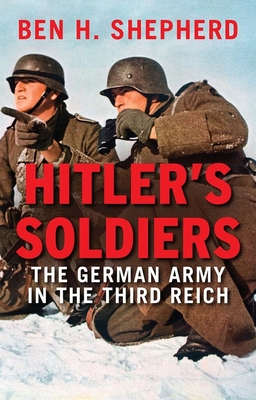Expedite your nonfiction book discovery process with Readara interviews, summaries and recommendations, Broaden your knowledge and gain insights from leading experts and scholars
In-depth, hour-long interviews with notable nonfiction authors, Gain new perspectives and ideas from the writer’s expertise and research, Valuable resource for readers and researchers
Optimize your book discovery process, Four-to eight-page summaries prepared by subject matter experts, Quickly review the book’s central messages and range of content
Books are handpicked covering a wide range of important categories and topics, Selected authors are subject experts, field professionals, or distinguished academics
Our editorial team includes books offering insights, unique views and researched-narratives in categories, Trade shows and book fairs, Book signings and in person author talks,Webinars and online events
Connect with editors and designers,Discover PR & marketing services providers, Source printers and related service providers

Hitler's Soldiers: The German Army in the Third Reich
History > Military - World War II
- Yale University Press
- Paperback
- 9780300228809
- 8.4 X 5.4 X 1.4 inches
- 1.6 pounds
- History > Military - World War II
- (Single Author) Asian American
- English
Readara.com
Book Description
For decades after 1945, it was generally believed that the German army, professional and morally decent, had largely stood apart from the SS, Gestapo, and other corps of the Nazi machine. Ben Shepherd draws on a wealth of primary sources and recent scholarship to convey a much darker, more complex picture. For the first time, the German army is examined throughout the Second World War, across all combat theaters and occupied regions, and from multiple perspectives: its battle performance, social composition, relationship with the Nazi state, and involvement in war crimes and military occupation.
This was a true people's army, drawn from across German society and reflecting that society as it existed under the Nazis. Without the army and its conquests abroad, Shepherd explains, the Nazi regime could not have perpetrated its crimes against Jews, prisoners of war, and civilians in occupied countries. The author examines how the army was complicit in these crimes and why some soldiers, units, and higher commands were more complicit than others. Shepherd also reveals the reasons for the army's early battlefield successes and its mounting defeats up to 1945, the latter due not only to Allied superiority and Hitler's mismanagement as commander-in-chief, but also to the failings--moral, political, economic, strategic, and operational--of the army's own leadership.
Author Bio
I was awarded my PhD in German History by the University of Birmingham in December 2000. I was a teaching fellow in the School of History, University of Birmingham before beginning a lectureship in History at Glasgow Caledonian University in September 2002. I became a reader in 2009.
My most recent main research activity engaged with German and Austrian military history 1914-1945, with particular focus on the Third Reich, through a project designed with general as well as scholarly appeal: a general, single-authored work on the German army under the Third Reich, titled Hitler’s Soldiers: The German Army in the Third Reich (New Haven CT, London: Yale University Press, 2016).
With the encouragement of Yale University Press, I have started research for a companion study to Hitler’s Soldiers, this time focusing on the combat wing of the SS, the Waffen-SS. The resulting study will form the basis of a book provisionally titled The Waffen-SS: A New History, and of applications for related research grants.
Member of the Arbeitskreis Militärgeschichte, the German History Society and the German Studies Association.
Re Hitler’s Soldiers: from 11 July 2016, a list of clarifications and corrections, and scanned examples of primary sources cited in the book, will be available.
Videos
No Videos
Community reviews
No Community reviews

